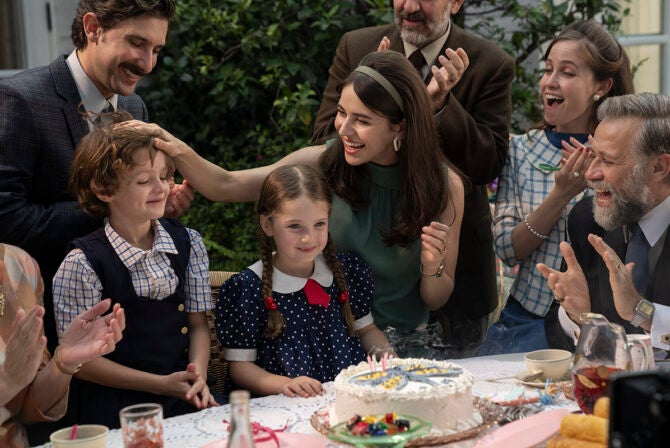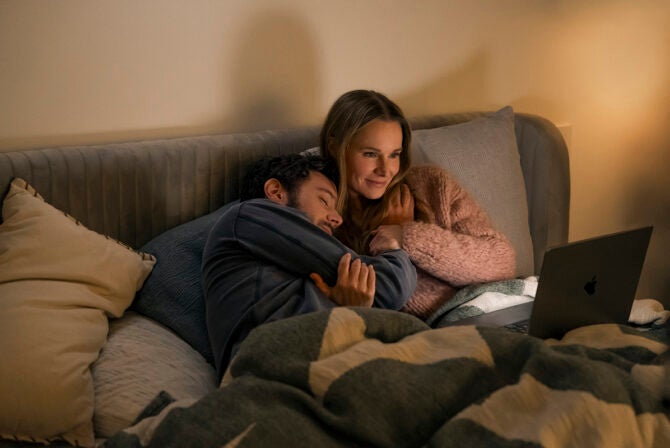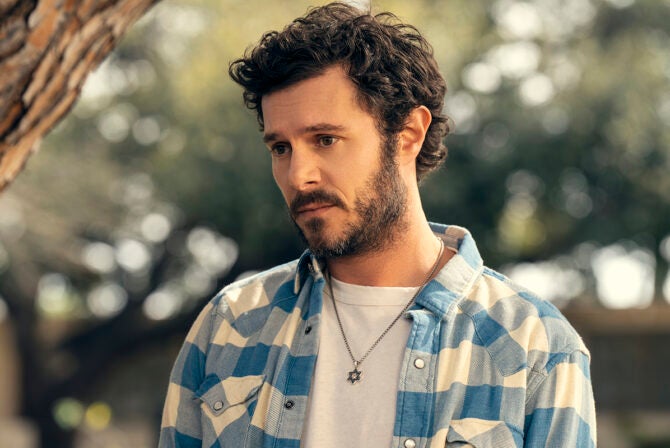It happened again today.
My daughter went outside to the playground in front of our house and within five minutes the kids that were out there headed for the hills.
It’s happened before, many times.
The scene usually plays out like this. My daughter looks out our front window and sees kids at the playground across the street from our house. She furiously rushes to me and asks if she can go play outside. After a good five minutes of her running around aimlessly in excitement and me running after her telling her to put her shoes and a jacket on, she sets off outside. She gets to the playground and in her excited state runs and flaps her arms, doesn’t listen to what is going on or starts talking a blue streak about her stuffed animals or what we are having for dinner and even when she does listen, she often cannot follow what the other kids are doing.
Usually within a few minutes of her arrival, the playground is empty except for my daughter.
Each time it happens, it feels like someone has kicked me in the stomach.
My daughter is 9 and she is autistic. While she is verbal and communicates well (in two languages), socializing with her peers remains challenging. She has made progress but particularly with kids who are not very familiar to her, she can’t seem to get the hang of how to socialize and how to join in the fun that others are having.
This prevents her from having authentic friendships and for people liking her for who she is. Some of the kids that do play on a more regular basis with her are nice, but that friendship is only limited to when other kids are not around or the attraction is more about her “stuff” than about her, like last year when a little girl she plays with sometimes told me that she likes to play at our house because my daughter is spoiled. Well, thank you, now I know what your mother thinks of us.
Thankfully, my daughter remains mostly oblivious to these little nuances which is why I continue to let her play with these kids and don’t become all helicopterish. Because as much as I want to shield her and not let the world’s cruelty touch her, I know I cannot protect her from it. She has challenges and beyond her challenges, everyone at one time or another has to deal with adversity. The best thing I can do is try to help her to deal with it with a little dignity. So, I watch the playground empty out and blink back the tears at the corners of my eyes and keep my feet rooted firmly in their place.
My daughter does not yet realize that she is different from other kids. We’ve not told her because she doesn’t seem close to figuring it out yet. She’s had her problems with other kids and my husband and I have always accentuated the importance of her telling us when someone says or does something which makes her feel sad or angry. When she tells us, we tell her that sometimes kids say mean things to one another. We ask her if she feels she is whatever the kid called her, and her answer is always no.
Those tears of sadness suddenly turn into tears of triumph as I watch my little girl, autistic, with cognitive and fine motor skill delays, who is struggling to learn how to read, figure out something that it took me, her mother, who graduated magna cum laude decades to figure out.
That happiness and security come from deep inside us, not from what others say and do.
In many ways, I think of my daughter’s autism as a little bit like a raincoat. A lot of things tend to roll off her back and while some of those things are key to her social skills, if she didn’t have this filter, I fear she would be a child who would be wounded by the little barbs that children wield, sometimes like daggers. Like the other evening when I was outside pulling weeds in our garden and I overheard the other kids laughing at her from the playground and one boy kept asking her, “Are you dumb?”
“No, I am not dumb,” my daughter shot back. “I am smart, and if you can’t see that, you’re the one who’s dumb.”
Whatever her challenges are, I am grateful that she is a child that feels good about herself, that sees herself in a good light. That will serve her well in life, no matter what her outcome is in terms of what she is capable of achieving.
Like this post? Get the best of Kveller delivered straight to your inbox. Sign up for the newsletter here.







